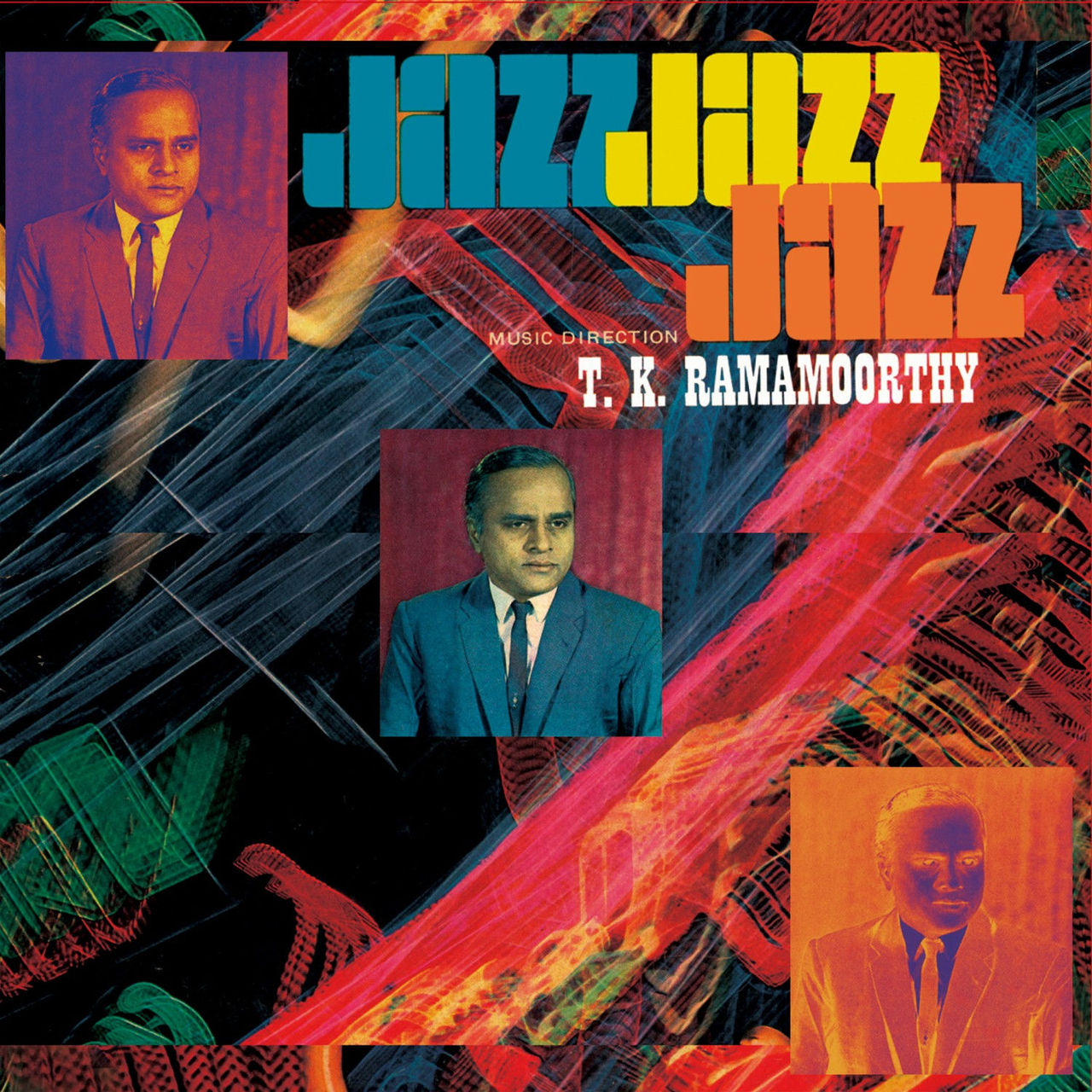From the Japanese EM Records reissue label that treated us in the past with various border-crossing obscurities in genres combining experimental, jazz, drone, dub, avant-garde or ethnic music, comes this rare and sophisticated hybrid of traditional Southern Indian Carnatic music and Western jazz, initially out in 1969.
Carnatic music is one of the two sub-genres of Indian classical music (the other being Hindustani), commonly associated with the southern part of the Indian continent, that remained unaffected by Persian and Arabic influences. Although it’s foundation is rooted in improvisation (and Ramamoorthy pays his respects to improv on this release), Carnatic music is mainly sung through compositional works of phenomenal composers.
This record is probably Ramamoorthy's proof that his years of intense work for the film studios of India had paid off and created a skilled and visionary arranger. This is not just another Indian rediscovered rare gem, it's one of the few and first encounters of accomplished Indian musicians with Western instruments and musical traditions.
In this beautifully titled album, the harmonies of the ragas and Indian spices blend softly and gracefully with the jazz grooves, creating a very emotional and elegant entity. These works are exquisitely rich, sprouting playful moments of Ethio-jazz, twisted percussion and an overall lush tickering feeling.
The record flows, with most tracks of less than 4 minutes, shifting from emotional and sad themes like the flute beginning of Natta, to powerful ensemble parts integrated in cycles, with trumpets, drums, double bass and clarinets, like there’s always a twist waiting for its moment. It’s almost like jumping from one story to another, with the typical Indian blood rhythm, never staying too long in one place.
There are moments, like the first few chords of Ranjani, that remind briefly of Don Cherry, or passages that might resemble Coltrane. The whole record smells of all those legends that were inevitably influenced by India’s rich and colorful modes, only now you can hear it coming from the other end.
Tracklist:
A1. GowlaA2. Ranjani
A3. Begada
A4. Mohana
A5. Natta
B1. Udaya Ravi Chandrika
B2. Byag
B3. Sahana
B4. Kanakangi
B5. Rasikapriya
